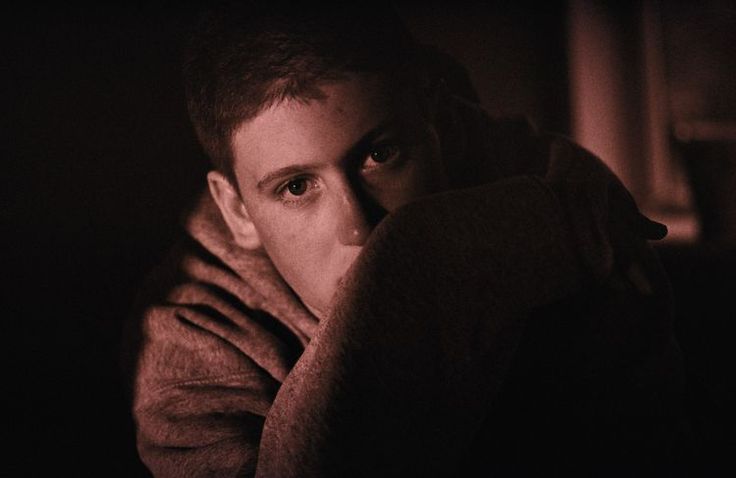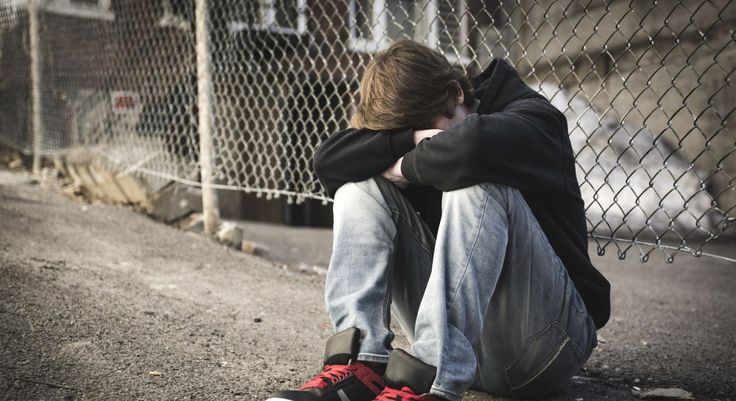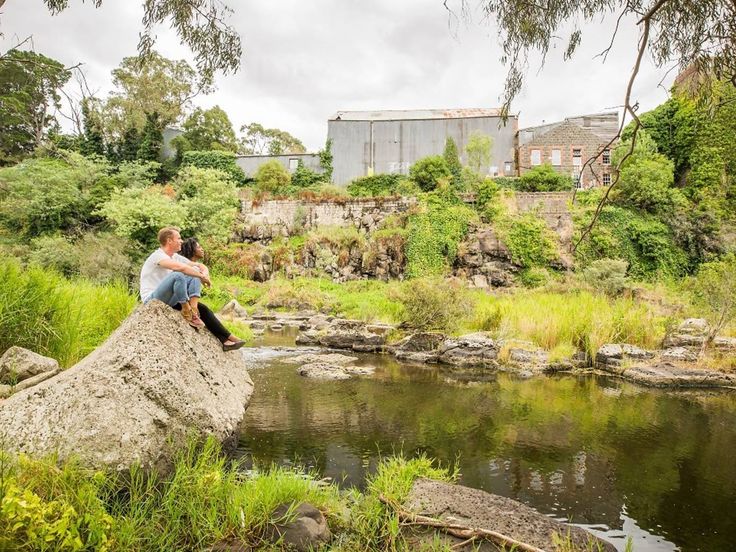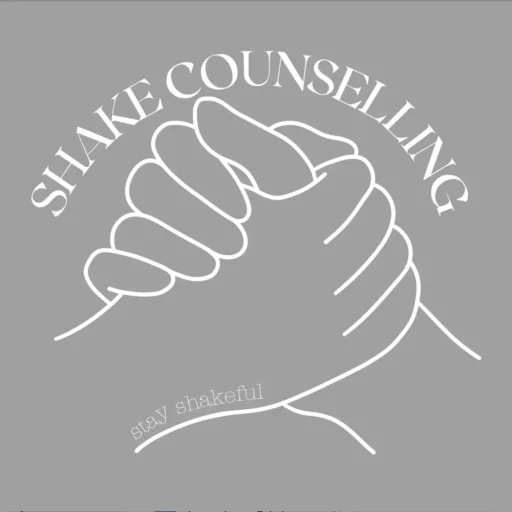Recognising The Signs A Teen Needs Counselling: A Guide for Parents

Table of Contents
Introduction
Watching your teenager navigate the complexities of adolescence can feel like walking a tightrope. As a parent, you want to give them independence while ensuring their well-being. But how do you know when normal teenage behaviour crosses into territory where professional help might be needed? This guide will help you recognise the signs your teen needs counselling and show you how to take positive action.
Common Mental Health Challenges in Teens: The Signs A Teen Needs Counselling
Today’s teenagers face unprecedented pressures, and youth mental health warning signs aren’t always obvious. Understanding common challenges is your first step in supporting your teen effectively.
Anxiety and Depression
Anxiety and depression among Australian teens have reached concerning levels, particularly in males aged 12-25. While some stress is normal, persistent worry, sadness, or hopelessness warrant attention.
Behavioural Issues and Aggression
Sudden outbursts, physical aggression, or defiant behaviour might indicate underlying emotional struggles rather than simple rebelliousness. These are vital youth mental health warning signs that shouldn’t be ignored.
Substance Abuse and Risky Behaviours
Experimentation might seem typical, but regular substance use or dangerous risk-taking often signals a cry for help. Early intervention through teen counselling can prevent these behaviours from escalating.
Social Withdrawal and Isolation
While many teens value alone time, excessive isolation from family and friends could indicate deeper issues requiring professional support.
Youth Mental Health Warning Signs To Watch For
Knowing when to seek help for your teen involves recognising certain key indicators:
Emotional Changes
- Extreme mood swings: Rapid shifts between happiness and sadness that seem out of proportion to situations
- Persistent irritability or anger: Consistently hostile reactions to minor frustrations or regular interactions
- Excessive worry or fear: Constant anxiety about everyday situations that interferes with normal activities
- Feelings of worthlessness: Frequent self-criticism and expressions of being “not good enough”
Behavioural Changes
- Significant changes in sleeping patterns: Either sleeping excessively or having trouble sleeping through the night
- Dramatic shifts in eating habits: Noticeable increase or decrease in appetite, or new patterns of disordered eating
- Avoiding social situations: Withdrawing from friends and family, making excuses to skip social events
- Losing interest in previously enjoyed activities: Dropping out of sports, hobbies, or activities they once loved
Academic Performance
- Sudden drop in grades: Unexplained decline in academic performance, especially in previously strong subjects
- Difficulty concentrating: Inability to focus during class or while doing homework, seeming constantly distracted
- Skipping classes: Pattern of unexplained absences or making excuses to avoid going to specific classes
- Resistance to attending school: Strong emotional reactions or physical complaints when it’s time for school
Physical Symptoms
- Frequent headaches: Recurring head pain that often coincides with stressful situations or school days
- Unexplained stomach aches: Physical discomfort with no clear medical cause, often linked to anxiety
- Changes in energy levels: Noticeable shifts between extreme lethargy and unusually high energy
- Unusual fatigue: Persistent tiredness that doesn’t improve with regular sleep or rest

When To Seek Help For Teens – The Right Approach
When you notice the signs a teen needs counselling, approaching the subject requires sensitivity and care.
Creating a Safe Space
- Choose a private, comfortable setting
- Pick a time when you’re both calm
- Start with general conversation
- Express concern without judgment
Active Listening Tips
- Give your full attention
- Validate their feelings
- Ask open-ended questions
- Avoid interrupting or lecturing
Addressing Mental Health Stigma
- Share positive experiences with counselling
- Normalise knowing when to seek help for teen
- Explain that mental health is as important as physical health
- Emphasise strength in asking for support
Choosing the Right Counselling Services
Types of Therapy Available
- Individual counselling: One-on-one sessions that provide a safe, confidential space for teens to explore personal challenges, emotions, and develop coping strategies with a trained therapist
- Group therapy: Structured sessions where teens connect with peers facing similar challenges, building social skills and realizing they’re not alone in their struggles
- Family therapy: Collaborative sessions involving family members to improve communication, resolve conflicts, and strengthen relationships within the home environment
- Movement-based therapy: Innovative approach combining physical activity with therapeutic techniques to help teens express emotions, reduce anxiety, and build confidence through movement
- Art and creative therapies: Expressive therapy using various artistic mediums (drawing, music, drama) to help teens communicate feelings and process emotions when words feel difficult
Benefits of Alternative Approaches
At Shake Counselling, we understand that traditional talk therapy isn’t always the best fit for every teen. Our movement-based and alternative therapies offer unique benefits:
- Enhanced self-expression: Teens learn to communicate their feelings through movement, art, and creative activities when words feel challenging or inadequate
- Improved body awareness: Develop a stronger mind-body connection, leading to better understanding of emotional and physical responses to stress
- Reduced anxiety through physical activity: Active engagement in therapeutic movement helps release tension, reduce stress hormones, and boost mood-enhancing endorphins
- Better emotional regulation: Learn practical techniques to manage emotions through physical activities and mindfulness-based movement practices
Questions for Potential Counsellors
- What experience do you have with teens?: Understanding their specific background in youth counselling and success rates with teenage clients
- What’s your approach to treatment?: Learning about their therapeutic methods and how they align with your teen’s needs and preferences
- How do you involve parent guide to teen counselling in the process?: Clarifying the balance between teen privacy and parent involvement in the therapeutic journey
- What outcomes can we expect?: Understanding realistic goals, timeline expectations, and how progress will be measured and communicated
Shake Counselling Services
Our innovative approach to youth mental health combines traditional counselling with movement-based therapies, specifically designed for young people in the Geelong area.
Our Therapeutic Approach
- Personalised treatment plans
- Integration of movement and counselling
- NDIS-registered provider
- Evidence-based practices
Tailored Programs
We customise our services to meet your teen’s specific needs, interests, and goals. Our programs incorporate:
Success Stories
While maintaining client confidentiality, we’ve witnessed remarkable transformations:
- Improved academic performance
- Enhanced family relationships
- Better emotional regulation
- Increased self-confidence
Conclusion
Recognising that your teen needs support is a crucial first step in their journey to better mental health. Remember, seeking help isn’t a sign of failure – it’s a demonstration of strength and wisdom as a parent.
Positive Outcomes
With professional support, teens can:
- Develop healthy coping strategies
- Build resilience
- Improve relationships
- Navigate challenges successfully
Ready to Support Your Teen?
Don’t wait until challenges become crises. If you’ve noticed signs your teen needs counselling, Shake Counselling is here to help. Our experienced team specialises in supporting young people and their families through life’s challenges.
Contact Us Today
- Phone: 0422 868 258
Email: [email protected]
- Location: Geelong, Victoria
- NDIS registered provider
Book a consultation using the provided details above or directly reach us out here to discuss how we can support your teen’s journey to well-being. Our team is ready to answer your questions and guide you through the next steps.
Recent Articles


Recognising The Signs A Teen Needs Counselling: A Guide for Parents

Navigating NDIS Support for Youth Mental Health in Geelong

How Movement-Based Therapy Enhances Emotional Intelligence in Youth

The Role of Physical Activity in Managing Teenage Anxiety and Depression

Understanding Dialectical Behaviour Therapy in Geelong

11 Newcastle St, Newtown VIC 3220
0422 868 258
Mon – Fri: 7:00am – 6:00pm
Sat: 7:00am – 2:00pm
We empower Geelong’s teens to navigate challenges, build strong relationships, and develop a positive sense of self.
